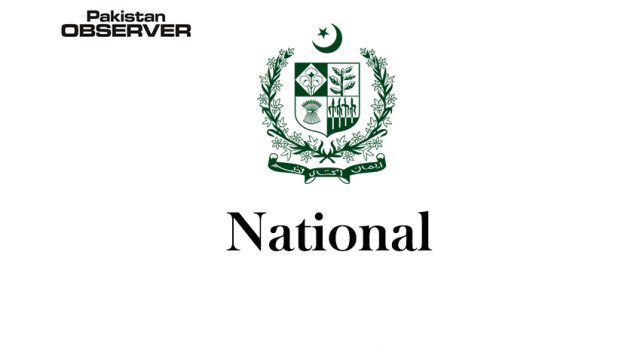Hassan Zaib
Maritime Security is a global phenomenon and is high on regional as well as international agenda.
It is a concept encapsulating the combination of preventive and responsive measures to protect the maritime domain against threats and intentional unlawful acts.
This term has been extensively discussed with regards to our global economy’s large and increasing need for safe sea lanes for trade and energy transport.
Challenges to Maritime Security have many faces – piracy and armed robbery, maritime terrorism, illicit trafficking by sea, i.e. narcotics trafficking, small arms and light weapons trafficking, human trafficking, global climate change, cargo theft etc.
These challenges keep evolving and are hybrid in nature: an interconnected and unpredictable mix of traditional and irregular warfare, terrorism, and/or organized crime.
The Indian Ocean Region (IOR), which lies at the crossroads of Africa and Asia, houses a number of littoral states.
The IOR is a vital sea lane with choke points such as the Strait of Hormuz, Strait of Malacca, Bab-el Mandeb, and so forth.
These choke points are of immense strategic importance, as huge volumes of trade pass through them.
These choke points are exposed to piracy, international disputes, political dissents, and accidents.
To ward off such intimidations in order to maintain stability at sea, regional and external powers flexing their muscles.
The littoral states of the region are also involved significantly to shape the security architecture of the IOR.
In view of the emerging security environment, the global system requires astute diplomacy on the part of a state to play a dynamic role at the global and regional level.
During the recent times, a soft diplomacy has attained much greater importance among the nation-states.
The concept refers to persuasion and attractiveness in order to change the behavior of a state.
In pursuance of this notion, Pakistan Navy is contributing towards peace and stability in the region.
Pakistan’s desire for greater regional harmony and cooperation is also reflected through Pakistan’s armed forces participation in UN Peacekeeping missions, UN mandated Combined Maritime Task Forces 150 & 151, as well as various other bilateral and multilateral engagements at regional and international level.
Pakistan Navy took an initiative of holding biennial Multinational Exercise ‘AMAN’ in 2007, to demonstrate Pakistan’s commitment to peace, contribute towards regional maritime security and enhance interoperability between regional and extra regional navies, particularly against asymmetric threats.
Since then, this Exercise has become a major international naval event which is evident from growing number of participations.
Till to date, seven exercises have been conducted and the recent of its type has been concluded in the mid of Feb, 21.
The main objective of AMAN-21 was to promote regional cooperation and stability, greater interoperability and to display a united resolve against terrorism and crimes in maritime domain including piracy.
The word AMAN means ‘Peace’ and the slogan of the exercise is ‘Together for Peace’ which clearly indicates the objectives and purpose of the exercise.
The Exercise was designed to provide a common forum for information sharing, mutual understanding and identifying areas of common interests for group analysis and dialogues through lnternational Maritime Conference.
It further helped in developing and practicing response tactics, techniques and procedures against asymmetric and traditional threats during sea phase of the exercise.
To sum up, AMAN exercises are playing an essential role against regional and extra regional threats faced by the region as a whole.
Moreover, the shared knowledge and skills exchanged at such multilateral platforms further enhance interoperability between the world navies which ultimately help to increase cooperation among the all stakeholders.








